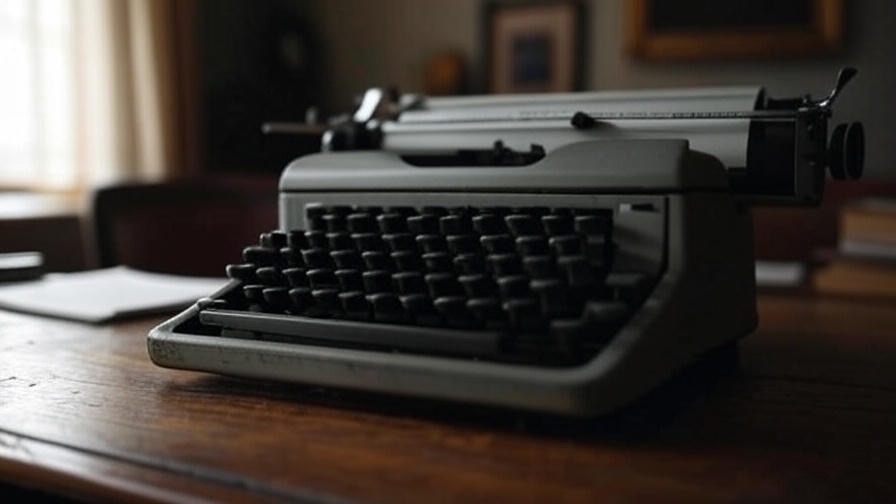Welcome to this very short and quick guide on how to become a journalist.
All you have to do is:
• Study journalism at a journalism school. That takes only 3 years, usually, including practice at a media outlet.
Oh, you thought you could download a PDF and then you’re a journalist? Maybe with the help of so-called AI (a word-guessing LLM)?
You wanted a list of “rules” to follow?
Well, why not instead search for a PDF guide on how to become a doctor, or a lawyer?
Oh, shoot, that’s not possible either. That’s why there are schools for lawyers, doctors, and… journalists.
No list of rules
There are no lists of rules to follow to become a doctor or a lawyer. It’s more complicated and nuanced than that. The same goes for a journalist.
The “problem” here is that you actually have to study and gather real-world experience to be able to honestly call yourself a journalist or a lawyer. Or a doctor.
But, if you really need “a guide to journalism”, the closest there is today to a “quick guide” is the AP Stylebook, which covers a certain range of questions and subjects related to news production.
It’s rather comprehensive though. And not free.
There are many attempts to summarize the findings in the AP Stylebook, but they all fall short. Here is an example. You could read 10 such summaries and still not get the gist of the full stylebook. The same goes for other summaries of journalism, like this one.
However, a stylebook is just a start. There are many other aspects of journalism you need to study. And practice.
Wait, there is more…
Some guides summarize different types of activities a typical journalist needs to understand, like the Journalism 101 toolkit, which covers the basics of the craft: writing, editing, reporting, and interviewing. Combine it with a few textbooks on the matter, like The Essential Guide to Online Journalism.
But… there is more. You also need to study SEO. Subheaders. Image attribution and copyright. Bylines. Title creation. Brevity, clarity and focus.
Google away!
Because, when at work, you cannot spend time looking things up in some guide every time you don’t know what to do. Journalists train their “muscle memory” to be able to quickly make decisions on editorial conundrums. You will have to, too.

